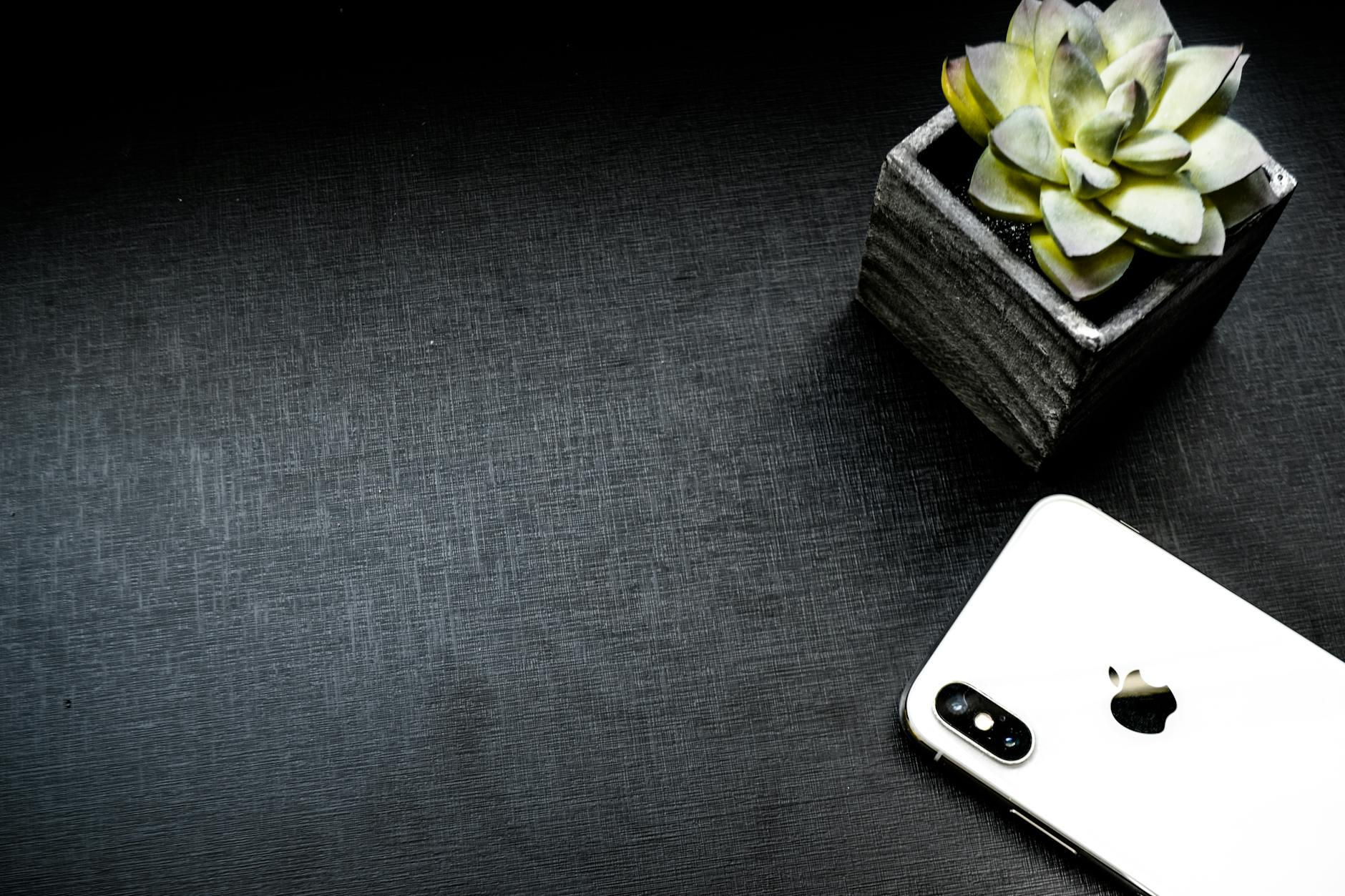In a move that underscores the intricate dance between emerging technology firms and established industry giants, Ethereum token platform Zora has initiated legal action against Deloitte. The lawsuit alleges that Deloitte's use of the name "Zora AI" for its new artificial intelligence productivity platform infringes on Zora's trademark, raising critical questions about intellectual property rights in the rapidly converging arenas of AI and blockchain technology.
The genesis of this legal dispute traces back to Deloitte's decision to move forward with the Zora AI branding despite a cease-and-desist letter from Zora, which highlighted potential customer confusion given Zora's prior use and registration of the trademark in relation to its cryptocurrency services. Deloitte's argument hinges on the premise that their AI platform and Zora's blockchain services cater to distinctly different markets, ostensibly eliminating the risk of consumer confusion. However, the core of Zora's grievance lies not just in potential market overlap but in the protection of its brand identity within the broader tech ecosystem.
It's worth giving thought to Deloitte's perspective, though. If their market research concluded that no actual confusion would ensue, this could signify a need for clearer guidelines around trademark usage in different tech subfields. Yet, the fact that Zora was a client of Deloitte before this dispute puts an additional layer of complexity on the matter, suggesting potential neglect of client relationships and corporate governance within Deloitte's various divisions.
The Zora vs. Deloitte clash serves as a pertinent reminder of the challenges that arise when branding and intellectual property intersect with fast-evolving tech sectors. This is not merely about a legal ruling, but about setting precedents on how newer and traditional firms navigate the shared spaces of tech development. As we have seen in the synergy between AI and blockchain, these interactions are becoming increasingly complex and intertwined.
Ultimately, the resolution of this case will likely influence how trademarks are viewed in the context of the technology sector, where the lines between different applications of similar or identical names can blur rapidly. Businesses, both established and emerging, need to navigate these waters with a sense of mutual respect for the branding and intellectual properties developed by others in their industry. This lawsuit is a clarion call to all stakeholders in the tech world to reevaluate how trademarks are treated in the face of interdisciplinary innovation.
This incident should also prompt other companies in the tech sphere to reflect internally and assess their own practices around intellectual property, especially in cases where there is a crossover of client services and market solutions. Companies might benefit from a review, possibly adapting their strategies to prevent similar disputes and fostering a cooperative environment that encourages technological and business growth.
The ongoing legal proceedings between Zora and Deloitte are more than just a dispute over a name; they are indicative of larger conversations happening in the technology sector around innovation, competition, and respect for intellectual property.



